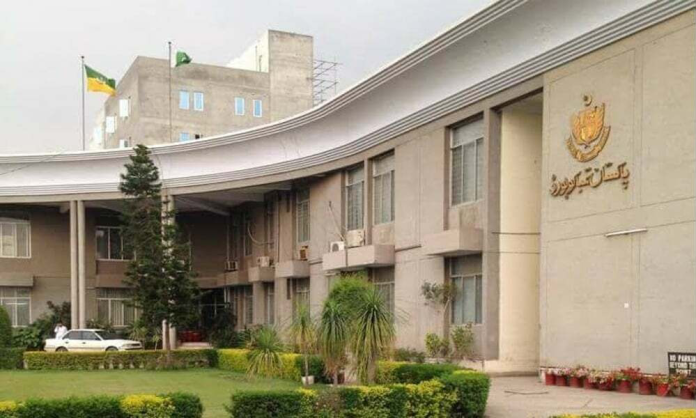The federal government is facing mounting pressure to devolve the Pakistan Tobacco Board (PTB) to provincial control, a move aggressively championed by the Khyber Pakhtunkhwa (KPK) government. Chief Minister Ali Amin Gandapur has been raising the matter consistently, most recently at the Council of Common Interests (CCI) meeting on April 28, 2025. Though packaged as part of the 18th Amendment’s devolution mandate, the consequences of such a step could be economically catastrophic.
At the heart of the concern lies KPK’s status as the epicenter of Pakistan’s illicit cigarette manufacturing. The province harbors a concentration of politically backed, tax-evading producers, often referred to as the Mardan mafia, that have long operated beyond the reach of regulators.Shifting PTB authority to provinces would hand this group a powerful new lever in the form of direct influence over tobacco policy. The result would be a regulatory void, with enforcement diluted across fragmented jurisdictions.
Illicit tobacco already drains USD 1 billion annually from the formal economy. With weakened oversight, that figure could easily double. At the same time, Pakistan’s legitimate tobacco exports, now exceeding USD 175 million, are on course to touch USD 1 billion within five years. That trajectory hinges on a unified regulatory structure that ensures national standards, traceability, and investor confidence. “Tobacco is a key contributor to rural employment, national revenue, and export income. Timely policy action is critical to protect the interests of growers and ensure a stable investment climate,” warned Rana Tanveer Hussain.
There is also the matter of global accountability. Pakistan is a signatory to the WHO Framework Convention on Tobacco Control (FCTC), and its obligations stem from Islamabad, not individual provinces. Devolving PTB oversight would not only violate that treaty’s structure but also embolden the illicit sector at home. Without federal control, the cost of appeasing local political interests will be borne by the country’s economy, global reputation, and public health system.


